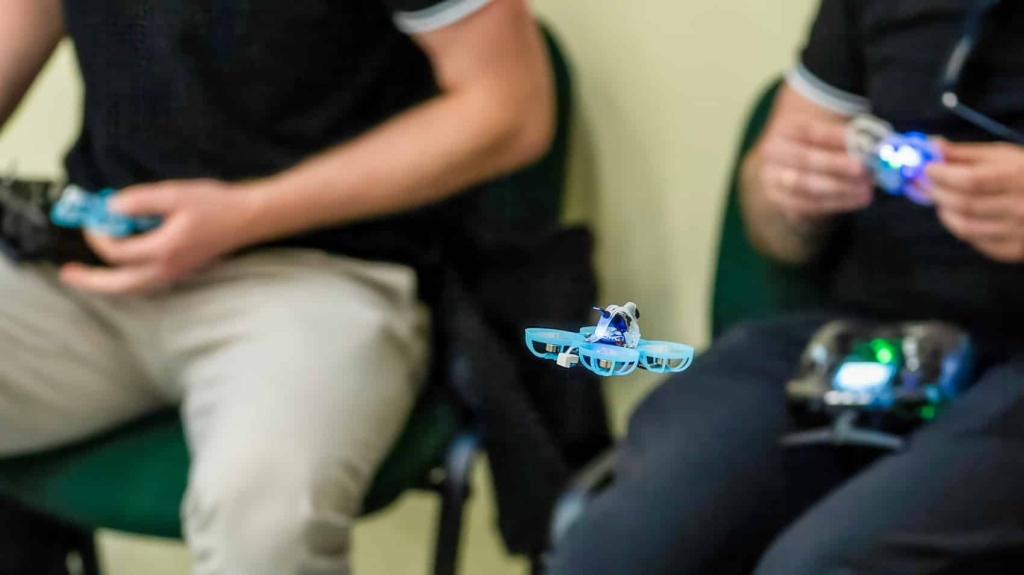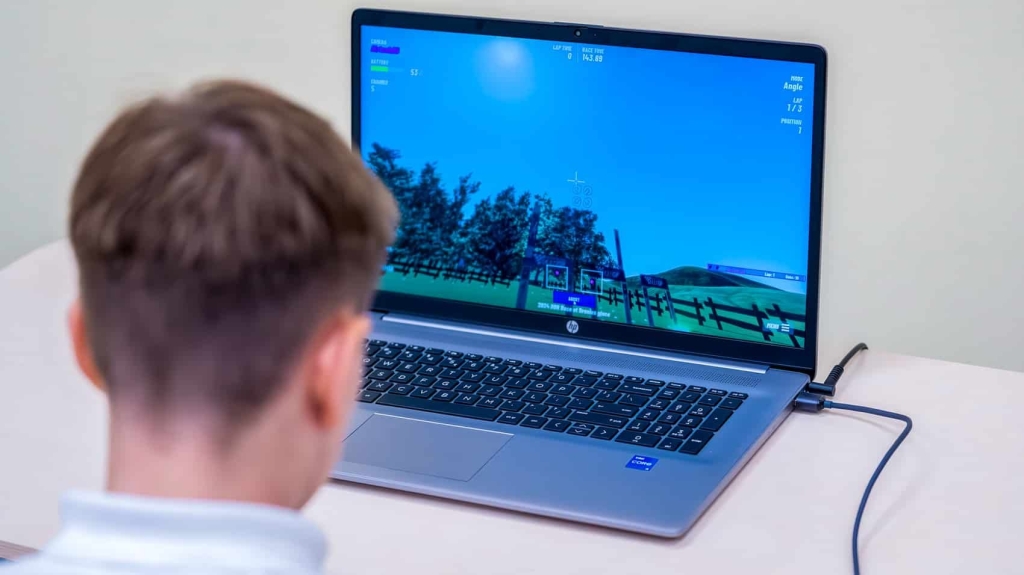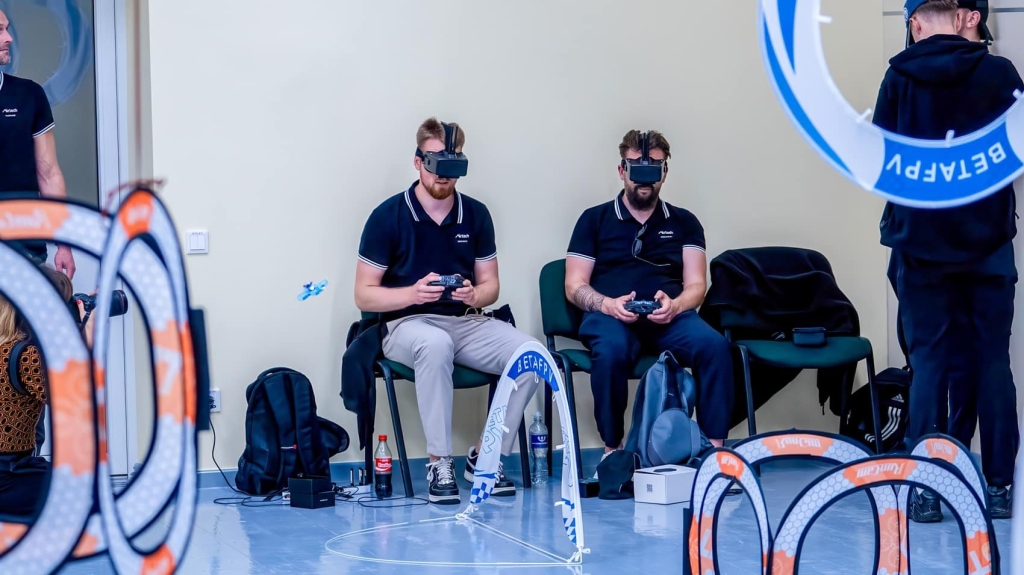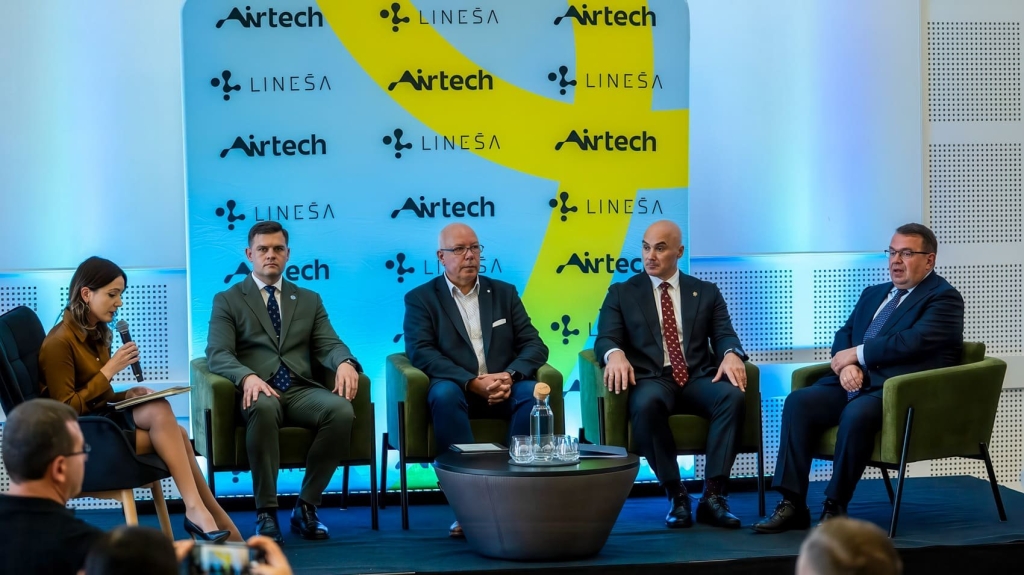Lithuanian Kids Learn To Fly Drones Near Russian Border

In a small town just 20km from the Russian border, a new kind of school is in session. Here, children as young as 10 are not just learning math and history; they are learning to build, code, and fly FPV, quadcopter, and fixed-wing drones as part of a new national defense initiative.
As AsiaOne told us, Lithuania has launched Air Tech, a nationwide drone education program designed to create a generation of drone-savvy citizens. It’s a bold, proactive, and deeply strategic move by a nation that lives in a very tough neighborhood, and it’s a powerful statement about the future of national defense.

A Frontline Classroom
The first of these new drone schools has opened in Taurage, a town uncomfortably close to Russia’s heavily militarized Kaliningrad exclave. The program, backed by the Lithuanian Defence Ministry, is open to both children and adults, teaching them the hands-on skills needed to operate a variety of unmanned aircraft.

The curriculum is practical. Students start on computer simulators, learning the fundamentals of flight in a virtual environment. Then, under the watchful eye of teachers like Mindaugas Tamosaitis, they move on to flying real mini-drones at training ranges. There are crashes, of course, but as any pilot knows, that’s a crucial part of the learning process.
The goal, as Deputy Defence Minister Tomas Godliauskas stated, is to build the country’s “military defensive capabilities” from the ground up.
A Response to a Clear and Present Danger
This initiative wasn’t born in a vacuum. It is a direct response to the clear and present danger Lithuania faces. This summer, two Russian drones launched from Belarus crashed on Lithuanian soil. And as we’ve covered, neighboring Poland has also had its airspace repeatedly violated by Russian drones involved in the war in Ukraine.

For a small NATO country on the front lines, the threat is very real. The Air Tech program is a smart, grassroots way to bolster the nation’s defenses. It aims to create a deep well of talent that can be tapped for both military and civilian roles, from future combat drone operators to the pilots who will one day inspect the country’s infrastructure.
Lithuania is also putting its money where its mouth is, investing heavily in drone technology and providing over 8,000 FPV drones to support Ukraine’s war effort.
The Power of a Skilled Population
The long-term vision of the Air Tech program is to create a “whole of society” approach to defense. In the 21st century, national security is no longer just the job of the professional army. A technologically skilled population, one that understands and can operate a critical technology like drones, is a massive strategic asset.
By teaching these skills in schools across the country, Lithuania is ensuring that its next generation will not be caught off guard. They are building a nationwide foundation of technical expertise that will pay dividends for decades to come.
DroneXL’s Take
This story from Lithuania is one of the most inspiring and strategically brilliant things I’ve seen in a long time. It is a powerful, intelligent, and profoundly forward-thinking response to a very real threat. Instead of just buying more missiles, they are investing in their most valuable asset: their own people.
“Real talk,” the idea of 10-year-olds learning to fly FPV drones as part of a national defense program is a mind-bending concept, and I absolutely love it. I myself teach my kids to fly fpv on LiftOff in my computer. This is how you create a culture of innovation and resilience. It’s not just about teaching kids to fly; it’s about teaching them to be problem-solvers, to be builders, and to be active participants in their own country’s security.
As a professional pilot who had to learn everything the hard way, I am incredibly envious of these students. The opportunity to learn these skills in a structured, supportive environment is a priceless gift.
This is a lesson that many larger countries could learn from. In an era where warfare is increasingly dominated by cheap, accessible technology, the nation with the most skilled and adaptable population will have a decisive edge. Lithuania is proving that you don’t have to be a superpower to be a pioneer. All you need is a clear vision, a lot of courage, and a few good drones.
Photo credit: @Lithuanian_MoD X.com
